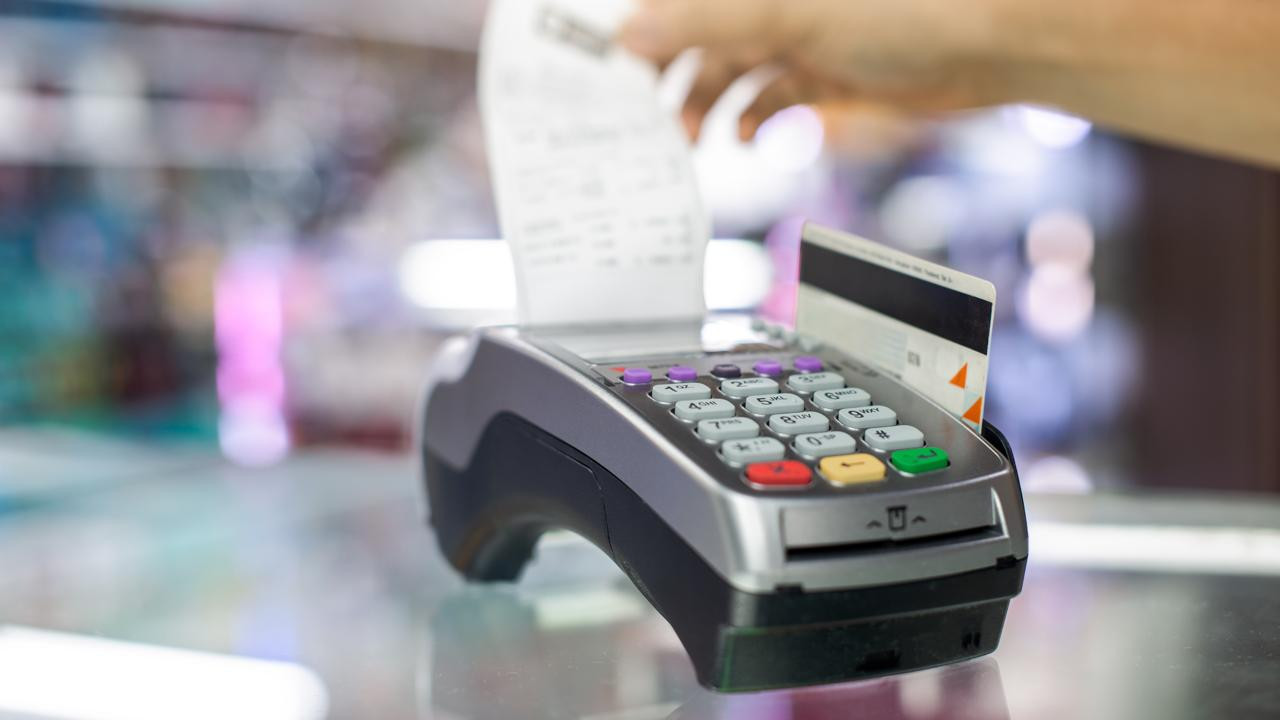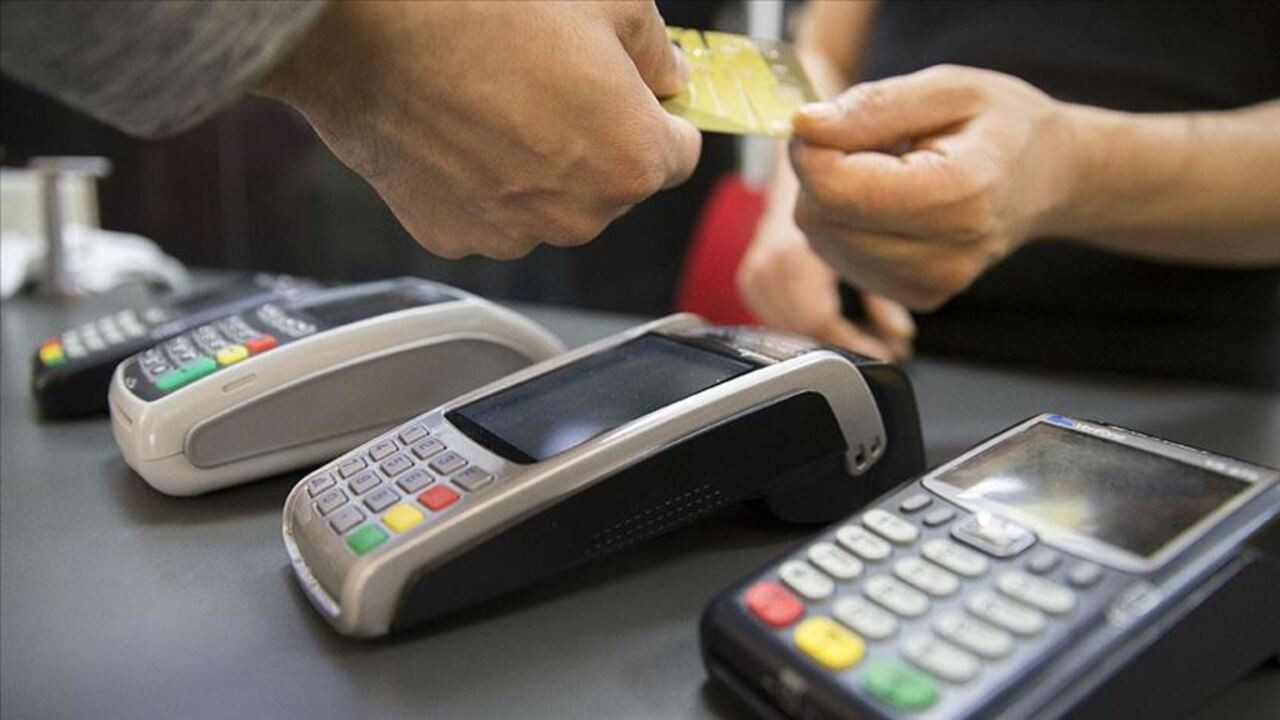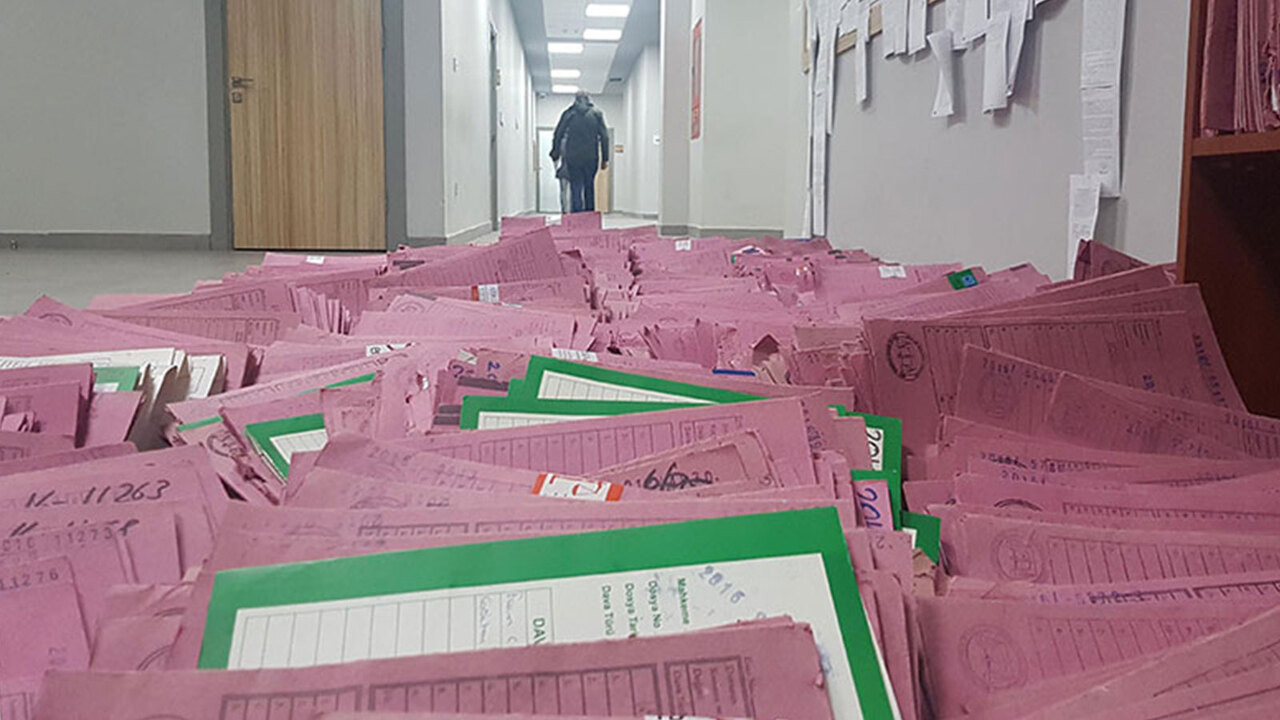Personal credit card expenditures in Turkey increase by 147 percent in one year
Personal credit card spending surged by 147.2 percent in February compared to the same period last year, according to data from Turkey's central bank. The economic administration has been planning to implement a new regulation on credit card limits.
Duvar English
Personal Turkish lira-denominated credit card spending rose by 147.2 percent as of Feb.1 16 compared to the same period last year, according to online news outlet Ekonomim’s reporting based on the central bank’s data.
During the same period, installment-based credit card spending increased by 114.8 percent, while credit card spending without installment saw a surge of 181.9 percent.
As of the same date, individual credit card expenditures reached 1.23 trillion liras ($39.5B), renewing its peak level as in every month. In January, total credit card expenditures were 1.19 trillion liras and the one-month increase was 3.12 per cent.
According to the Banking Regulation and Supervision Agency (BDDK) data, personal credit card expenditures increased by 155 percent in the week ended on Feb. 16 compared to the same week last year.
Turkish Central Bank to regulate credit card limits
Despite these increases, the policy rate hikes have not been reflected on credit card interest rates since November 2023. However, it is known that the economic administration has been drafting on a new regulation regarding credit card expenditures, which they consistently highlight as a problem in the fight against inflation.
Bank managers argued that the planned regulations on credit cards should have been based on the different limit tiers and no measures should be imposed on cards with low limits. Most economists also underscored that the increase in personal credit card expenditures was due to the inequality in income distribution and high inflation, which hit about 65 percent in January.
Turkish Industry and Business Association (TÜSİAD) Chief Economist Gizem Öztok Altıntaş said, “The bank is establishing a differentiation between the portion of limits utilized for credit and that for expenditure. With a very high limit, individuals tend to use the credit card as a borrowing tool, entering into the upper segments in the system.”
Altıntaş added that there is a very large group in small cities that conduct business using personal credit cards and said, "You can damage the trade there with the new regulation. I think the steps to be taken will remain weak despite the great expectations created."
Prof. Hakan Kara from Bilkent University also pointed out that credit card interest rates remained below individuals' inflation expectations, which are around 80 percent.
"People use credit cards as a financing tool. When you look at the U.S., the interest rate is around five percent, whereas credit card interest rates are four times higher. This is because credit cards should be used as a payment instrument. The reason we discuss regulations on credit cards is that their interest rates have remained very low. There needs to be normalization in that regard," he underscored.
The increase in credit card expenditures was especially considerable in the summer months of 2023 as monthly expenditures increased about 180 percent compared to 2022.
Even though they slowed down slightly as the policy rate hikes that started in June 2023 reflected on the credit card interests, they were above 150 percent increase throughout the year.

 Credit card debt in Turkey increased 2.5-fold in 2023Economy
Credit card debt in Turkey increased 2.5-fold in 2023Economy Turkish credit card debts surge by 119 pct to $34.7B in 2023Economy
Turkish credit card debts surge by 119 pct to $34.7B in 2023Economy Foreclosure cases in Turkey increase by 63 percent in 2023Economy
Foreclosure cases in Turkey increase by 63 percent in 2023Economy